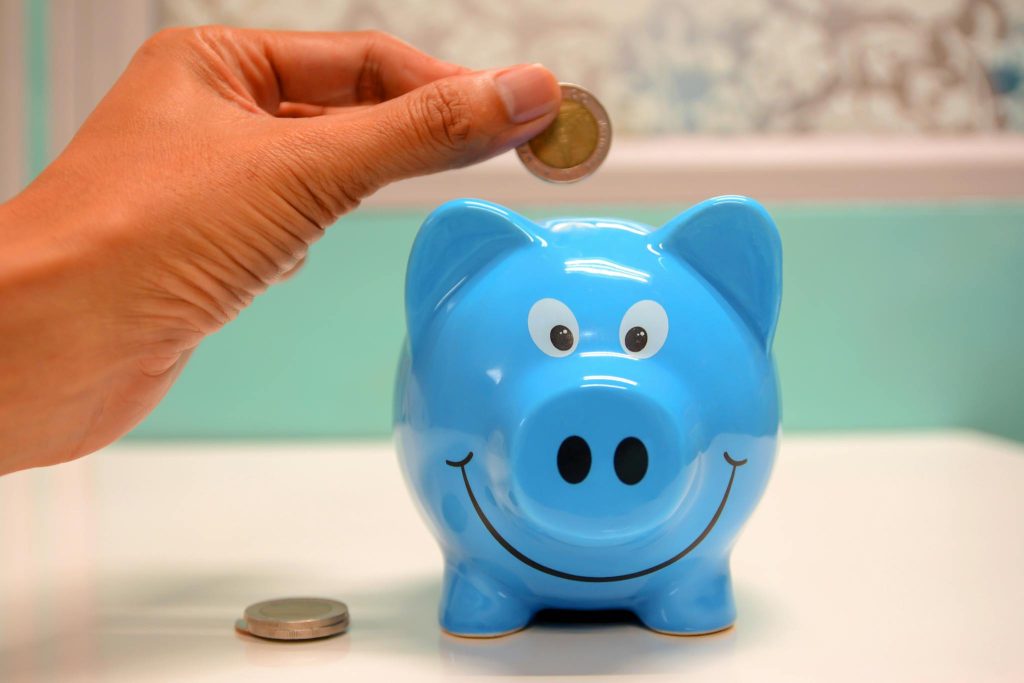Grenada’s Updated Minimum Wage 2024
Effective January 1, 2024, Grenada’s Government has implemented a significant update to the minimum wage, impacting various sectors and professions. Outlined in SRO No. 42 of 2023, this change, the first since 2011, aligns with the Employment Act’s recommendations for revisions every three years.
Under the revised Minimum Wages Order, all working individuals in Grenada are now entitled to a minimum monthly salary of no less than EC$1,200 or no less than EC$60 per day. This adjustment encompasses an expanded range of professions, including but not limited to industrial (garment industry), clerical, security guards, domestic, sanitation, early childhood, caregivers of the elderly, workers in bakeries, agricultural, construction, transportation (drivers and bus conductors), helpers/utility workers, media, call center employees, and hospitality.
The updated regulations will have diverse effects on various professions. For instance, store clerks, presently earning EC$700, will see a substantial 71% increase to EC$1,200. Media workers, including announcers and reporters with incomes of EC$1,000 and under, will experience an increase to EC$1,400 per month or EC$375 per week.

Employers affected by the minimum wage order are mandated by the Employment Act to display a notice informing employees of the order’s contents. Non-compliance may lead to fines or imprisonment, with Section 53 of the Act specifying penalties. Section 54 further outlines fines for employers paying less than the prescribed rate of wages, ranging from $5,000 on the first conviction to $10,000 for subsequent convictions. In cases of non-compliance, the Court may order employers to pay the difference between actual and prescribed wages, along with appropriate interest.
Grenada’s recent adjustment to the minimum wage underscores a commitment to creating a fair working environment. As HR consultants, we understand the importance of staying informed about these changes. We are available to assist employers in comprehending the implications of these adjustments on their workforce and business operations. Contact us to ensure your organization is aligned with the updated regulations.
